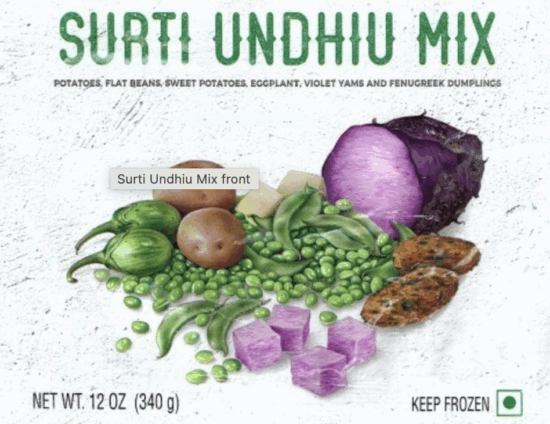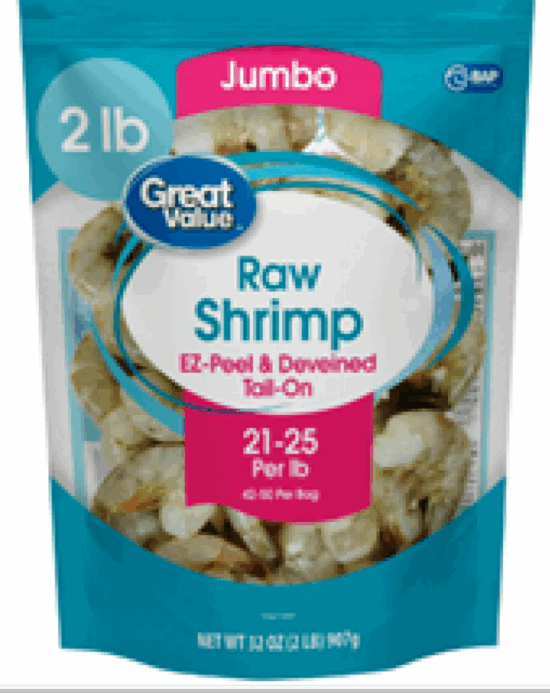In relation to an outbreak of Salmonella infections, Chetak LLC Group has expanded its recall of frozen food products to include fruits and vegetables.
The company’s original recall only included frozen sprouted mung beans and moth beans.
Since the start of the outbreak investigation, multiple Deep-brand product samples have been collected at import for testing and analysis. On Aug. 22, the Food and Drug Administration was informed that a sample of Deep-brand Frozen Singoda (Water Chestnut) (lot IN25150K), tested positive for Salmonella and was refused entry into the United States.
Chetak has expanded its recall to include 61 products. For a link to a list of those products and photos, please click here and scroll down to the Current Update portion of the page. The expanded recall includes carrots, peas, garlic and mixed vegetables, plus dozens of other products.
The outbreak has sickened 11 people across 10 states. Four of the patients have required hospitalization.
About Salmonella infections
Food contaminated with Salmonella bacteria does not usually look, smell, or taste spoiled. Anyone can become sick with a Salmonella infection. Infants, children, seniors, and people with weakened immune systems are at higher risk of serious illness because their immune systems are fragile.
Anyone who has eaten any of the recalled products and developed symptoms of Salmonella infection should seek medical attention. Sick people should tell their doctors about the possible exposure to Salmonella bacteria because special tests are necessary to diagnose salmonellosis. Salmonella infection symptoms can mimic other illnesses, frequently leading to misdiagnosis.
Symptoms of Salmonella infection can include diarrhea, abdominal cramps, and fever within 12 to 72 hours after eating contaminated food. Otherwise, healthy adults are usually sick for four to seven days. In some cases, however, diarrhea may be so severe that patients require hospitalization.
Older adults, children, pregnant women, and people with weakened immune systems, such as cancer patients, are more likely to develop a severe illness and serious, sometimes life-threatening conditions.
Some people get infected without getting sick or showing any symptoms. However, they may still spread the infections to others.
(To sign up for a free subscription to Food Safety News, click here)



